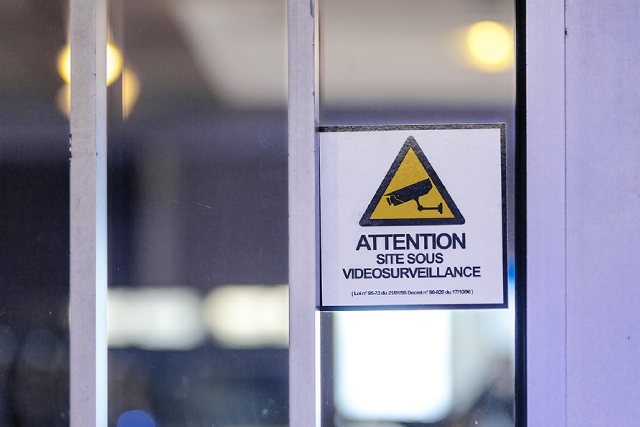The Ethical Implications of RFID Technology In Surveillance

Radio-frequency identification (RFID) technology has permeated various sectors, promising efficiency and convenience. However, its integration into surveillance systems raises significant ethical concerns.
RFID technology operates by transmitting data wirelessly through RFID tags or chips, enabling the tracking and identification of objects, animals, and even humans. Its applications span across industries, from inventory management to access control and payment systems. In surveillance, RFID enhances monitoring capabilities, offering real-time tracking and data collection. While these features have undeniable benefits, they also evoke ethical dilemmas regarding privacy invasion, data security, and individual autonomy.
Privacy concerns
One of the foremost ethical considerations surrounding RFID technology in surveillance is the infringement of privacy rights. RFID tags can be embedded in various objects without users’ consent, allowing for covert monitoring and tracking. This raises concerns about the collection of personal data without explicit consent, leading to potential misuse or abuse by authorities or malicious actors. Individuals may feel subjected to constant surveillance, eroding their sense of privacy and freedom.
Moreover, RFID-enabled surveillance systems have the potential for indiscriminate data collection, capturing sensitive information beyond the intended scope. For instance, in retail environments, RFID tags on products may inadvertently track customers’ movements and purchasing behaviours, creating detailed profiles without their knowledge. This indiscriminate data harvesting raises questions about the extent of surveillance and the ethical boundaries of data collection practices.
Security risks
In addition to privacy concerns, the widespread adoption of RFID technology introduces significant security risks. RFID tags transmit data wirelessly, making them susceptible to interception and unauthorised access. Hackers could exploit vulnerabilities in RFID systems to eavesdrop on communications, clone tags, or manipulate data for nefarious purposes. This poses a threat not only to individuals’ privacy but also to the integrity of critical infrastructure and sensitive information systems.
Furthermore, the centralised storage of RFID data poses inherent security vulnerabilities, as it becomes a lucrative target for cyberattacks. A breach in an RFID-enabled surveillance network could lead to the exposure of sensitive information, compromising individuals’ identities, financial data, or proprietary business information. As such, maintaining robust security measures and encryption protocols is imperative to mitigate these risks and safeguard against potential breaches.
Social implications
Beyond privacy and security concerns, the widespread deployment of RFID technology in surveillance systems has broader social implications. It can exacerbate existing power imbalances and inequalities, disproportionately affecting marginalised communities or individuals with limited access to resources. For instance, in law enforcement, the use of RFID-enabled surveillance may result in discriminatory profiling or targeting based on socioeconomic status, race, or other demographic factors.
Moreover, the normalisation of constant surveillance through RFID technology can lead to a chilling effect on free expression and dissent. Individuals may self-censor their behaviour or opinions out of fear of being monitored or surveilled, stifling innovation, creativity, and democratic discourse. This erosion of civil liberties undermines the foundations of a free and democratic society, necessitating a critical examination of the ethical implications of RFID-enabled surveillance.
Conclusion
The ethical implications of RFID technology in surveillance are multifaceted and complex. While it offers numerous benefits in terms of efficiency and convenience, it also raises significant concerns regarding privacy, security, and societal norms. As we navigate the ethical dilemmas posed by RFID-enabled surveillance, it is essential to prioritise transparency, accountability, and individual rights.
RFID-solutions providers must uphold ethical standards in the development and implementation of asset tracking systems to ensure that technological advancements are aligned with ethical principles and respect individuals’ rights to privacy and autonomy.
By considering the ethical implications of RFID technology, we can strive to strike a balance between innovation and ethical responsibility, fostering a society that embraces technological progress while safeguarding fundamental human values.